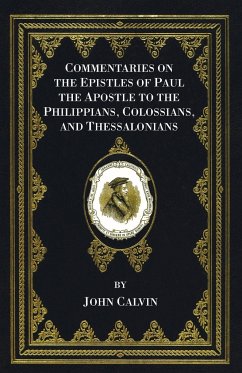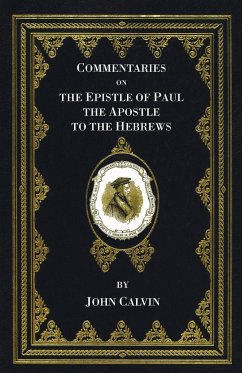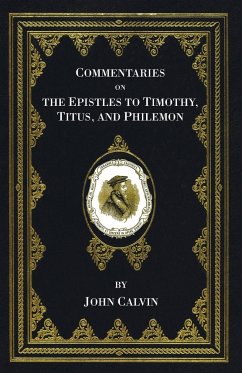
Life of God in the Soul of Man
Spiritual Meditations
Versandkostenfrei!
Versandfertig in 6-10 Tagen
8,00 €
inkl. MwSt.
Weitere Ausgaben:

PAYBACK Punkte
0 °P sammeln!
In "Life of God in the Soul of Man," Henry Scougal presents a profound and introspective exploration of the relationship between divinity and the human spirit. Written in the early 18th century, the text employs a reflective and devotional literary style, blending theological exposition with personal edification. Scougal asserts that true religion is rooted in the inner experience of God's love and presence, emphasizing the transformative power of divine grace in a believer's life. This work stands amid a rich historical context of Puritan and post-Puritan thought, addressing the nature of pie...
In "Life of God in the Soul of Man," Henry Scougal presents a profound and introspective exploration of the relationship between divinity and the human spirit. Written in the early 18th century, the text employs a reflective and devotional literary style, blending theological exposition with personal edification. Scougal asserts that true religion is rooted in the inner experience of God's love and presence, emphasizing the transformative power of divine grace in a believer's life. This work stands amid a rich historical context of Puritan and post-Puritan thought, addressing the nature of piety and the soul's yearning for communion with God. Henry Scougal, a Scottish theologian and a member of the early Evangelical movement, faced significant personal challenges throughout his short life, including the death of his father and the struggles of his own health. His deep engagement with Christian spirituality and desire for authentic piety inform his writing, as he sought to guide readers toward a genuine experience of divine love. Scougal's insights stem from his Alfordian ideals, emphasizing the importance of inner transformation over mere external practices. "Life of God in the Soul of Man" is not just an exploration of Christian doctrine; it is an invitation to a deeper relational experience with God. Readers searching for a compelling guide to spiritual growth and intimacy with the divine will find this text both enriching and thought-provoking. Scougal's emphasis on the inner life of faith makes this book an essential read for anyone wishing to understand the essence of Christian spirituality.













